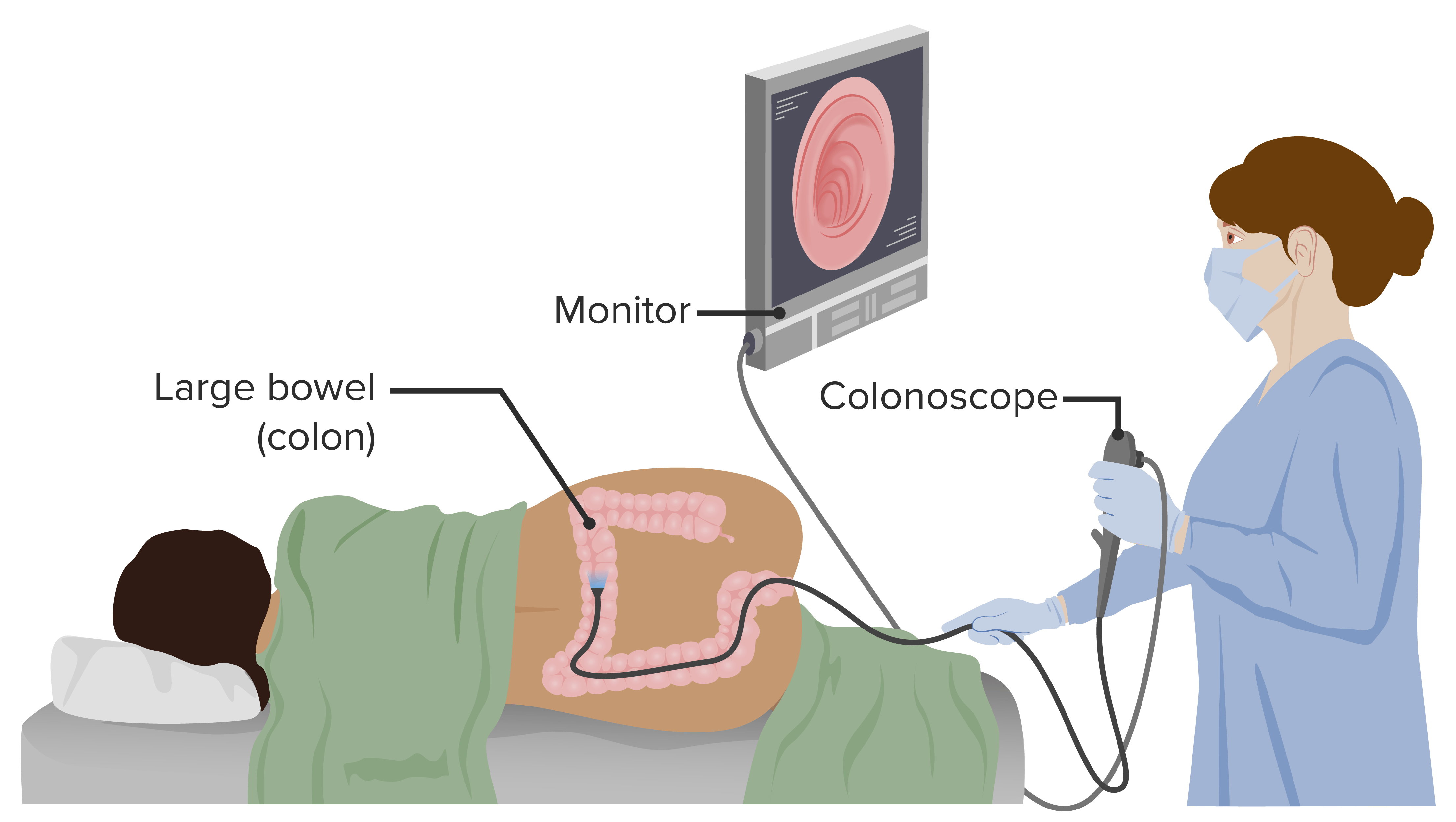Colon cancer is one of the most common types of cancer worldwide, but it’s also one of the most preventable. With regular colon cancer screening, early detection and timely intervention can dramatically increase survival rates and improve the patient’s quality of life. This article will delve into the importance and benefits of routine colon cancer screening.
Early Detection Saves Lives
The primary benefit of routine screening is early detection. Colon cancer often begins as small, noncancerous polyps that grow on the inner lining of the colon or rectum. Over time, some of these polyps may develop into cancer. Regular screenings can identify these polyps before they become malignant, allowing for their removal and effectively preventing the development of cancer.
Even if cancer has already developed, early-stage colon cancer often doesn’t present any symptoms. Routine screening can identify these cancers early when they are most treatable. Early-stage colon cancer has a high survival rate, making early detection crucial in managing the disease.
Understanding the Screening Process
Colon cancer screening is usually performed through one of several methods, including stool tests, colonoscopy, or CT colonography. Each method has its own advantages and is used based on the individual’s medical history, age, and risk factors.
A colonoscopy is considered the gold standard for colon cancer screening. It allows the doctor to visually examine the entire colon and rectum, and if necessary, remove polyps during the same procedure. While the thought of a colonoscopy can cause some anxiety, it’s important to remember that it’s a standard, safe procedure that plays a crucial role in preventing colon cancer.
Screening Recommendations and Personalized Approach
Screening guidelines vary, but generally, it is recommended to start regular screenings at age 50 for people at average risk. However, those with a family history of colon cancer or other risk factors may need to start screening earlier and more frequently.
Importantly, colon cancer screening should be personalized based on the patient’s risk profile and personal preferences. Communication with healthcare providers can help individuals understand their risk and make informed decisions about the best screening strategy for them.
The Impact on Treatment and Quality of Life
When colon cancer is found early through screening, treatment is usually less extensive and more effective. This can mean a shorter recovery period, fewer side effects, and a better chance of returning to normal life and activities.
Additionally, knowing that they are taking active steps to prevent cancer can provide individuals with a greater sense of control over their health, reducing anxiety and promoting overall well-being.
In conclusion, routine colon cancer screening is a powerful tool in the fight against cancer. With early detection and prevention at its core, screening has the potential to save lives and improve the quality of life for those at risk. It’s a clear example of how proactive healthcare can make a profound difference.







